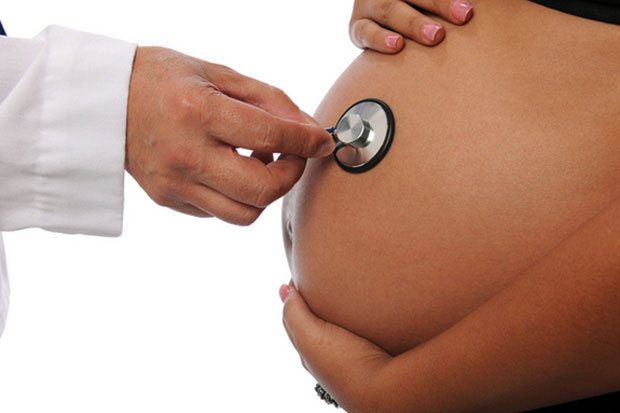Mom's Stress Before Conception Linked to Infant Mortality

Babies born to moms who faced a stressful event in the months before conceiving may be less likely to survive their first year of life, according to a new study.
Although the risk of dying remained low for all infants in the study, babies whose mothers faced preconception stress were 53 percent more likely to die before their first birthday than those whose mothers had not been stressed before conceiving.
The results suggest that the period immediately before conception may be a sensitive period that can affect an infant's mortality risk, said the study researchers.
In the study, researchers at Indiana University and Sweden's Karolinska Institute looked at records of more than 3 million births in Sweden between 1973 and 2008. The researchers identified 8,398 cases of infant mortality.
Nearly 21,000 of the children were born to mothers who had faced a stressful event — defined by researchers as the death of an immediate family member — in the six months prior to conceiving. Ninety-three of those children died as infants.
"We tend to focus a lot on the pregnancy period, but the preconception period is really important too," said Whitney Witt, an epidemiologist at the University of Wisconsin, Madison who was not involved in the study. "We are just starting to understand how different exposures during that time period might affect a pregnancy."
Preconception stress was also associated with an increased risk of preterm birth and low birth weight — two other known risk factors for infant mortality. "This finding is really important, because these factors may partially explain the results," Witt said.
Get the world’s most fascinating discoveries delivered straight to your inbox.
The researchers found no association between maternal stress during pregnancy (also defined as the loss of an immediate family member) and infant mortality.
The link between preconception stress and infant mortality held even after the researchers accounted for other factors that may raise an infant's risk of dying, such as the mother smoking during pregnancy, or the infant being born prematurely or at a low birth weight. However, the researchers noted that there might have been other unknown factors that influenced the results.
In the United States, six or seven babies out of every 1,000 infants born die within their first year of life. Congenital disorders and sudden infant death syndrome (SIDS) are the leading culprits.
Studies have suggested that maternal stress during the preconception period change the body systems responsible for delivering hormonal signals and nutrition to the fetus, which could affect the very early stages of pregnancy, when the organs begin to form.
Witt said future studies should look at how stress prior to conception, and throughout a woman's life, may affect the health of both a mother and her children.
The death of a loved one isn't the only type of stress to watch out for — personal illness, financial worries and fertility issues — are all stressors that can take a toll on the body.
"Like any other big event in life, it's important to prepare for a pregnancy," said Dr. Jill Rabin, an ob-gyn at Long Island Jewish Medical Center in New York who was not involved in the study.
Rabin recommended that women see a health care provider for preconception counseling to address any lingering health or diet issues before they get pregnant. About 40 percent of patients seek prenatal care only after they have entered the second trimester of pregnancy, she said.
"If you are taking a long car trip across the country, you’d take the car to the mechanic to get the brakes checked, get the oil changed, make sure the car was in as good of shape as possible before taking the trip," Rabin said. "Pregnancy is the trip. Once pregnant, the window of opportunity to make real changes is limited."
The study was published in the May issue of the journal Psychological Science.
Follow MyHealthNewsDaily @MyHealth_MHND, Facebook & Google+. Originally published on LiveScience.


